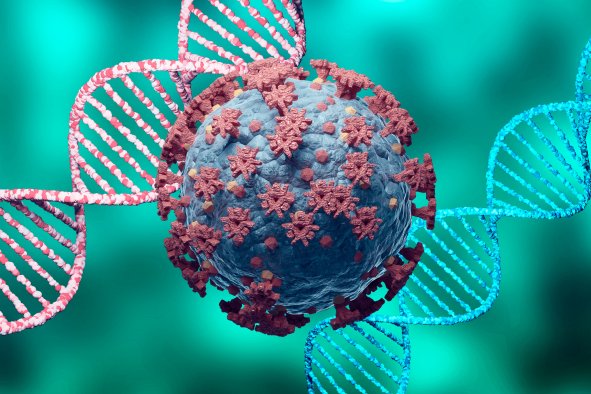Bone marrow transplants from young donors could potentially slow the development of Alzheimer's disease by "rejuvenating" the immune system of older patients, new research suggests. The discovery may open exciting new avenues for future Alzheimer's treatments, as well as other age-associated neurodegenerative diseases.
Read more: What Is a Health Savings Account?
Alzheimer's disease affects roughly 5.8 million Americans, according to the Centers for Disease Control and Prevention. The progressive disease is the most common form of dementia and is associated with memory loss and cognitive decline in regions of the brain involved in thought, memory and language.
Today, there is no known cure for Alzheimer's, although scientists believe that it is caused by the abnormal buildup of proteins in and around the brain cells.
Exactly what triggers this process is still unclear, and a combination of genetics and environmental factors are likely to be at play. However, certain genetic variants can increase our likelihood of developing the disease.
Approximately half these so-called "Alzheimer's risk genes" are involved in processes of the immune system, suggesting there might be a link between immune function and Alzheimer's disease.
Read more: Find the Right Tax-Advantaged Health Savings Account
As we age, we begin to produce fewer immune cells, and the ones we have become less effective. Collectively this is known as immunosenescence, and it reduces our body's ability to clear the abnormal protein aggregates in our brains that are known to cause Alzheimer's. But what if there was some way to rejuvenate our aging immune system?
Our bodies produce white blood cells continuously throughout our lives through stem cell reservoirs in our bone marrow. As we age, these stem cells gradually lose their regenerative potential and become less effective, contributing to the decline of our immune system as a whole.
But, according to new research from the Third Military Medical University in China, replenishing aged bone marrow with young stem cells could be a viable approach to rejuvenating our aging immune cells, and thus tackling the development of Alzheimer's.
By transplanting bone marrow tissue from young mice into older mice with Alzheimer's-like protein buildups in their brains, the team were able to demonstrate a "significant reduction" in these protein clumps in the brains of the older mice. The older mice also demonstrated reduced brain cell degeneration, neuroinflammation and Alzheimer's-like behaviors.
"Our study provides evidence that immune system rejuvenation represents a promising therapeutic approach for Alzheimer's disease," the researchers write.
The study adds to a growing body of evidence that bone marrow transplantation can preserve cognitive functions in aging mice, and potentially in humans.
More research is needed to confirm these findings in humans and to further establish the involvement of immune cells in Alzheimer's development. However, these results offer an exciting insight into potential treatments for slowing, and potentially even reversing, Alzheimer's progression.
The full study can be found in the journal Science Advances.
Is there a health issue that's worrying you? Do you have a question about Alzheimer's? Let us know via health@newsweek.com. We can ask experts for advice, and your story could be featured on Newsweek.
Disclaimer: The copyright of this article belongs to the original author. Reposting this article is solely for the purpose of information dissemination and does not constitute any investment advice. If there is any infringement, please contact us immediately. We will make corrections or deletions as necessary. Thank you.



